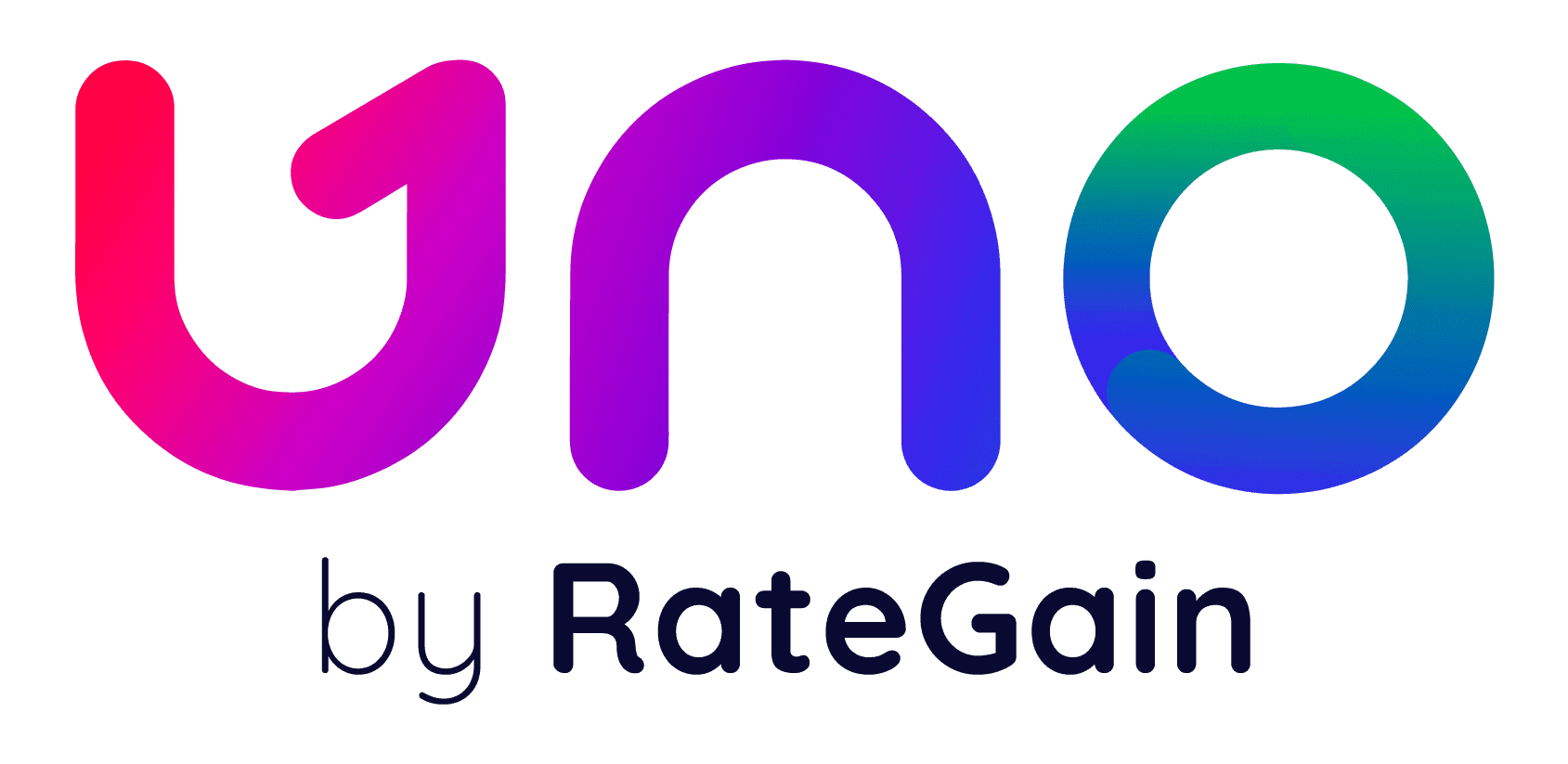Table of Contents
ToggleThe Real Cost of Double Bookings in Hotels
Imagine a family arriving at your hotel after a long trip, eager to start their vacation, only to find their room double-booked. With no available accommodations, the situation quickly escalates into a costly mistake. Hotels often bear the expense of arranging alternative accommodations, transportation, and compensation to appease disgruntled guests.
The repercussions extend beyond immediate financial losses. Front desk staff are left to manage stressed guests, while management diverts attention from growth to damage control. This stress can diminish employee morale, leading to decreased productivity and higher turnover rates.
The most significant impact, however, is on the hotel’s reputation. A single negative review can reach thousands, tarnishing the hotel’s image for an extended period. Studies indicate that 86% of travelers avoid hotels with a history of booking mishaps, turning each double booking into a potential long-term revenue loss.
Understanding the Double-Booking Dilemma
Double bookings occur when hotels utilize multiple booking channels without proper synchronization. Listing rooms on various platforms like Booking.com, Expedia, and the hotel’s website makes maintaining accurate room counts challenging.
Manual updates are a primary culprit. Consider a scenario where a guest books the last available room on Booking.com. Before staff can update other platforms, another guest books the same room on Expedia. Both bookings are valid, yet only one room is available.
During peak seasons, this issue intensifies. Increased bookings heighten the risk of errors, especially when staff are overwhelmed. Even brief delays in updating room availability can result in double bookings.
Last-minute bookings and changes exacerbate the problem. When guests modify dates or extend stays, these updates must reflect across all platforms immediately. Without automation, tracking room availability becomes nearly impossible.
Time zone differences add another layer of complexity. Bookings from around the world can occur while your staff is off-duty. Without real-time updates, you may wake up to multiple double bookings and dissatisfied guests.
The Ripple Effect of Double Bookings
The impact of a double booking extends beyond one unhappy guest. Hotels may need to cover the cost of alternative accommodations, travel expenses, and additional perks to rectify the situation. This is just the beginning.
Such incidents often lead to negative online reviews. In today’s digital age, a single bad review can influence countless potential guests. If travelers encounter reviews highlighting double bookings, they may opt for a different hotel, resulting in lost future revenue. The erosion of trust is significant and enduring.
Social media amplifies these issues. Disgruntled guests share their experiences on platforms like Twitter or TripAdvisor, creating a ripple effect that can damage your hotel’s reputation for months. Each negative post can sway hundreds of booking decisions.
Financially, double bookings strain operations. Staff spend time resolving these issues instead of assisting other guests or completing essential tasks. Additionally, booking rooms at nearby hotels on short notice often incurs higher costs, further eroding profits.
Moreover, double bookings can strain relationships with online travel agencies (OTAs). Frequent issues can lower your hotel’s ranking on these platforms, reducing visibility and future bookings.
Channel Management: The Modern Solution
Hotels no longer need to rely on spreadsheets and manual updates for bookings. Modern channel management systems provide a comprehensive solution to prevent double bookings, acting as the hotel’s digital backbone to ensure all booking platforms remain synchronized.
A channel manager updates room availability in real-time across all platforms. If a room is booked on Booking.com, it becomes unavailable on Expedia, your website, and other channels. This automatic synchronization prevents double bookings and saves time.
These systems also enable rate updates across all platforms with a single click, maintaining price consistency and maximizing revenue during peak periods.
Modern channel managers seamlessly integrate with your property management system, revenue tools, and booking engine, creating a streamlined operation for your hotel.
Importantly, these systems offer detailed reports and analytics, helping you identify the most effective channels and focus your efforts accordingly. This data-driven approach supports informed decisions about your distribution strategy.
Implementing Effective Channel Management
Transitioning to a channel manager requires careful planning. Begin by assessing your hotel’s needs, considering the number of rooms, current systems, and booking channels. This evaluation helps in selecting the right solution.
Integration is crucial. Your channel manager should seamlessly connect with your property management system (PMS) and booking engine, ensuring smooth data flow and minimizing issues.
Training your staff is essential. They need to be proficient in using the new system. Reputable channel managers offer comprehensive training and support, ensuring your team feels confident.
Best practices include:
- Starting with a few channels before expanding
- Regularly checking the system to ensure all connections are functional
- Setting up alerts for any synchronization issues
- Establishing procedures for updating rates and inventory
- Providing regular staff training refreshers
Implementing a channel manager is more than just adding software; it involves changing workflows and ensuring your team adapts. Done correctly, it enhances your distribution strategy and reduces the risk of double bookings.
Future-Proofing Your Booking Management
The hospitality industry evolves rapidly, and staying ahead requires embracing new technology. Modern channel managers leverage AI and machine learning to predict booking trends and recommend optimal pricing. These systems analyze past data, market trends, and competitor rates to help hotels make informed decisions.
Managing bookings on mobile devices is now essential. Hotel managers need the flexibility to control inventory, rates, and bookings from anywhere. Leading channel managers offer mobile apps that provide real-time alerts and allow quick updates, ensuring you never miss a booking or rate change.
Real-time performance tracking has transformed how hotels measure success. Instead of waiting for monthly reports, managers can access live dashboards displaying channel performance, booking trends, and revenue data. This enables swift strategy adjustments when necessary.
The future of channel management lies in seamless integration and automation. The best systems will continue to evolve, offering features like automated rate changes based on market conditions, instant booking confirmation across all channels, and predictive analytics for improved inventory management.
Making the Switch: ROI and Benefits
Switching to a modern channel manager is more than just preventing double bookings—it’s an investment that enhances your entire operation. Hotels utilizing automated channel management experience results within the first month.
The operational impact is evident: staff spend 85% less time on manual updates, allowing them to focus more on guest experiences. No more scrambling to update multiple OTAs or managing overbooking issues. One hotel reported saving 25 hours per week on inventory management alone.
Long-term revenue benefits are substantial. Hotels report a 15-20% increase in revenue within six months due to improved rate management and broader distribution. Eliminating double bookings can save thousands in compensation costs and lost revenue.
Customer satisfaction scores improve by 30% after implementing a channel manager. Guests appreciate accurate room availability and consistent rates across all booking platforms, leading to better reviews and increased repeat bookings.
In today’s competitive market, a reliable channel manager is indispensable. UNO Channel Manager excels with ARI updates in real-time, keeping your property competitive and minimizing double booking risks across all channels.





